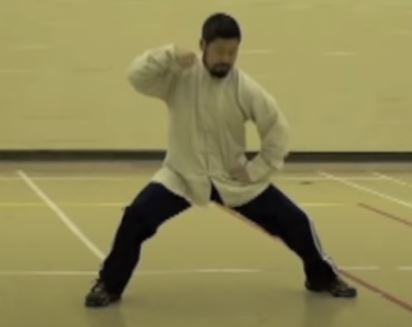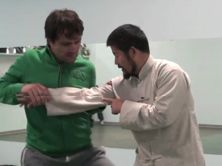Good deeds leave no traces behind; Good advice contains no blame;and Righteous calculations come without thought.
The right closure needs no lock. Good ties cannot be undone even without a knot. Therefore, sages often save lives and not abandon them. They often save things and not discard them. This is called the transcendance of wisdom. Therefore, a nice person does not want to be a teacher. One should not treat a person without treating his abilities. Do not treasure your teacher. Do not love his abilities. Great is intelligence that appears to be confused. This is the wonder of wonders.
—Chapter 27, Laoze
In Chinese folklore, there is a saying, “When a person passes, he leaves only his reputation behind. When a wild goose passes, he leaves only his quack behind.” Men of all ages, past and present, love to leave behiind a “legacy” that they can brag about. These are usually human accomplishments that future generations use to judge their predecessors.
Because of this we have the Pyramid, the Great Wall, and other monuments to man. All these monuments are built on millions of lives simply for the sake of proving a grandious personal point. It is said that when Laoze was enlightened, he realized the futility of normal human life. He gave himself up to nature and went into the forest riding on a blue cow. He was riding it backward, intentionally not wanting to know where it was going. He never came back from the forest. His point was that he was conquered by nature, which is the entire idea of Daoism. Yet, “famed Daoists” of later generations all claim that “he is still living” since there is no proof of his death.
Is is possible for us humans to ever treasure life and nature, not just for monuments?



{ 1 comment… read it below or add one }
I surely hope so!